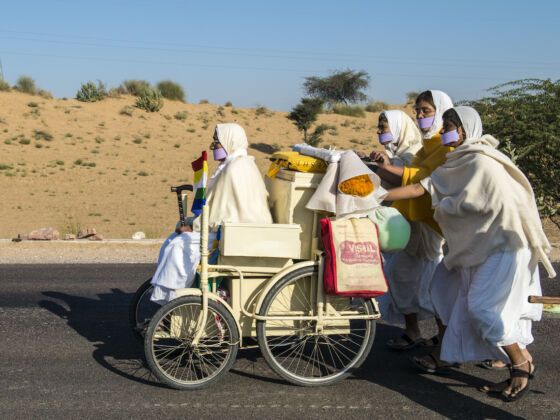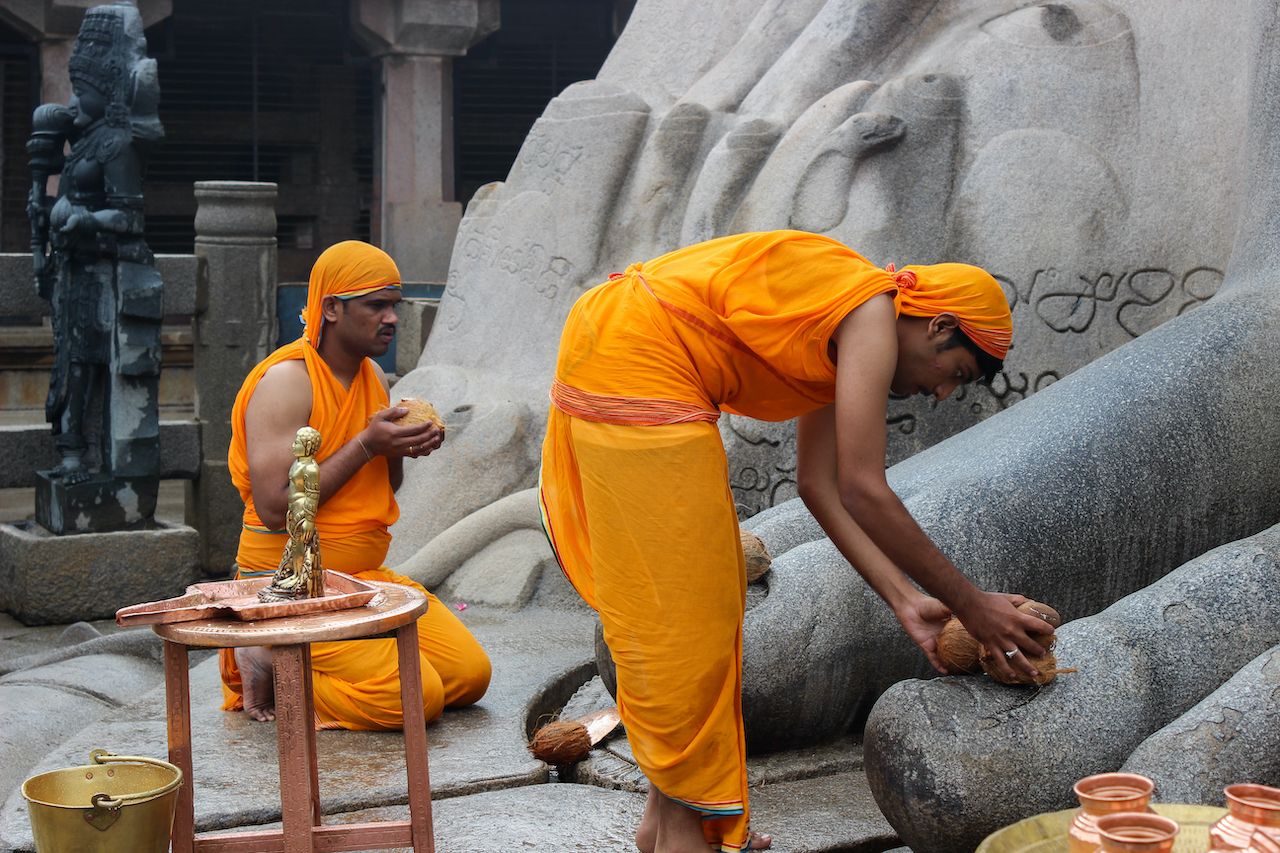It’s another day in the Solanki household, as Khushboo Solanki preps the vegetables for lunch. As she places each ingredient in the degchi (a metal container), the foundation of almost all Indian meals — onions, ginger, and garlic — are noticeably missing.
“When my friends offered to share their meals in school, I remember asking them if their food contained onion or garlic,” says Solanki, an architect living in Pune, India, who’s been practicing Jainism since birth. “Most of them usually gave me a perplexed look and didn’t have a clue. Since their food might have contained garlic and onion, I always avoided their food.”

